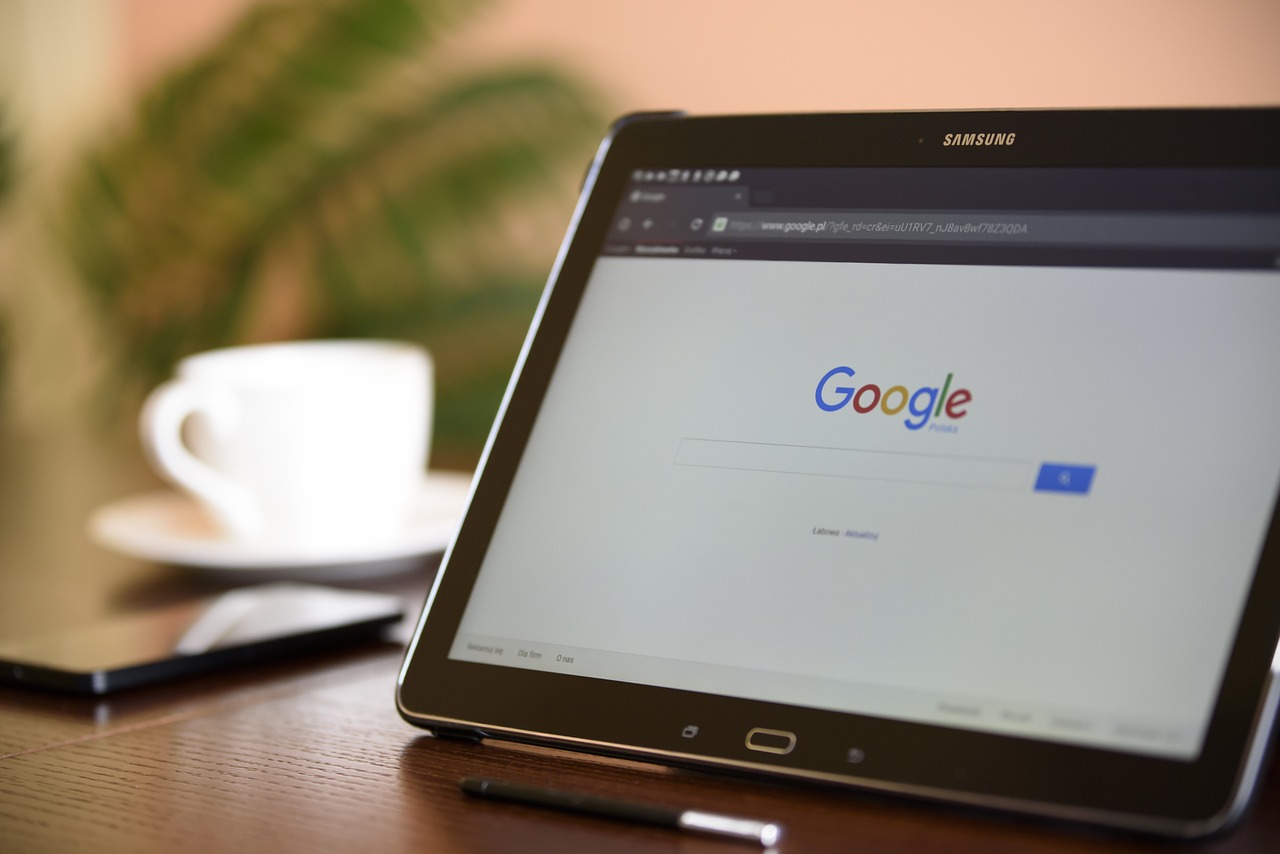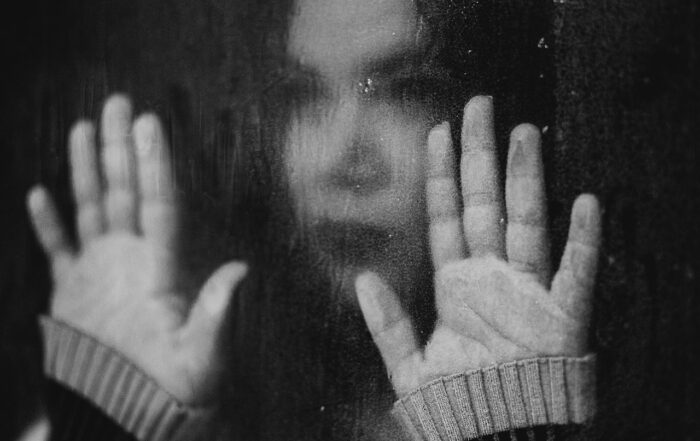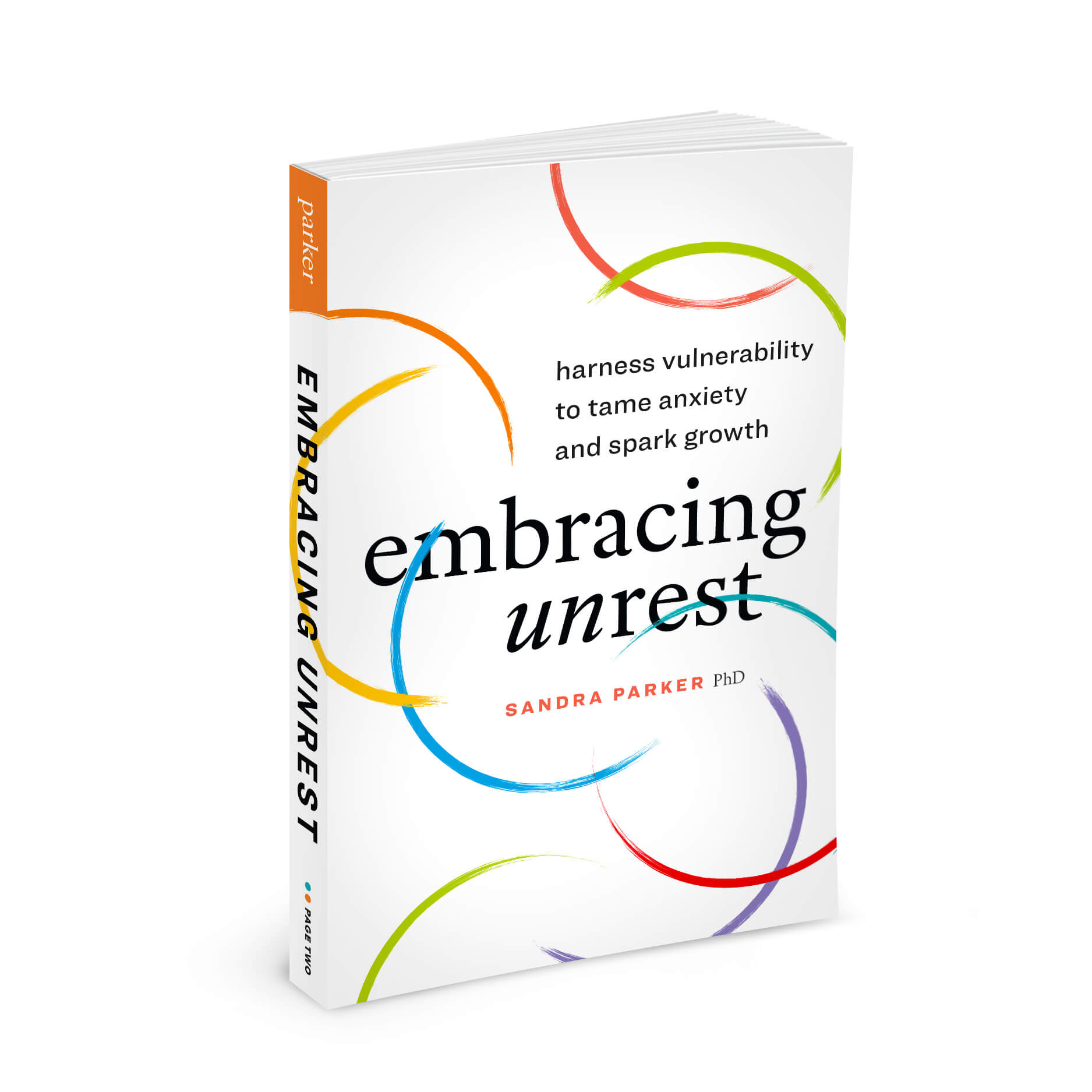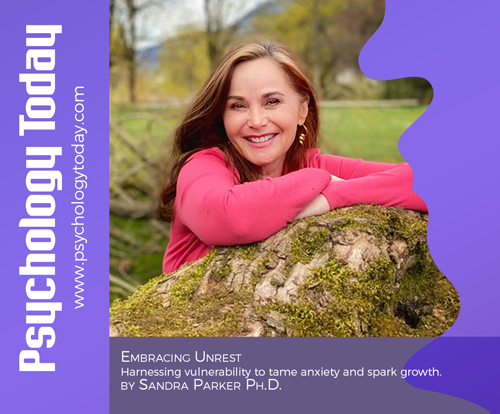Being human means being vulnerable. And that’s healthy. Here’s how to embrace the discomfort vulnerability brings—and grow.
Are you alive and human? Excellent. Keep reading. Since you are human, you are vulnerable. That is just a fact. And every so often your body lets you know you are vulnerable, right in that exact moment.
When your body signals that you’re vulnerable you feel anxious — your muscles tighten and your nervous system feels a bit agitated. You feel unrest. And guess what? Even though it doesn’t feel good, your discomfort is a good thing. Why? Because vulnerability is the fact of life.
Vulnerability is not weakness
That feeling of vulnerability is telling you you’re not the boss of everything that happens to you. External forces like time and the economy and physics and viruses and weather and your Internet provider and (especially) other people contribute to whether (and how and when) things happen.
As if that weren’t enough, forces inside you, things like your DNA, your hormones, and, really importantly, your emotions, also shape how things go for you [clumsy phrase, meaning: how you deal with life’s obstacles?.
Vulnerability is not weakness. It’s not bad, and it’s not a problem to be fixed. Vulnerability just means you have limits to your single-handed control over outcomes that matter. The unrest vulnerability brings is a good thing, because it gives you the opportunity to pay attention to your body. Without that discomfort you wouldn’t know to turn your awareness inward and say hello to yourself in your human limits.
Why is that important? Because when you experience your limits with compassion, you grow. Like a beautiful blossoming flower. Right in that moment when you have to wait, or when you don’t know, or when you can’t fix it, or when a feeling rises and you’re not sure where it came from or where it’s going or how long it will last or where it will take you… right in that moment, you are invited home so you can grow.
What is coming home?
Coming home means turning your attention inward and feeling those uncomfortable physical sensations with patience and precision. It means actually experiencing your unrest. You’ll discover that uncertainty and limits to control and especially your feelings are not actually dangerous. They’re uncomfortable, for sure, but you can feel all this and still be okay. You are larger than your difficult feelings.
But there is a catch. Embedded in your neural wiring is a reaction that makes you want to run away from tension and agitation. That makes experiencing unrest very hard to do. Very hard. Instead of tuning in, you escape your body and go into your head and tell stories about the future (“what if?…”) and stories about the past (“woulda shoulda coulda”), and you reject yourself in the truth of your human limits.
Your vulnerability is not something to run away from, it’s something to embrace and soothe with warm interest. Then you feel more authentic, you can take more risks and bounce back from difficulty, and can connect more deeply with others.
Wow.
Try Embracing Vulnerability
It’s simple but not easy. You’ll be going against your innate wiring to avoid discomfort. Okay. Let’s go.
Right now, think about something that you long for, say, meeting the partner of your dreams, landing that shiny new job opportunity, getting your Aunt Ingrid to drink less vodka, or maybe getting your dog to quit barfing on your new carpet, and feel how none of that is one hundred percent up to you right now.
Here’s the hard part: notice how your body braces and then go deeper, without trying to change anything, and pay slow attention to what you feel. Really feel it.
No, I mean really feel it, warm and interested and without judging. Go slowly, slower than you think. Stay there long enough that you begin to feel a small shift, a slight release in tightness.
That’s it! That is the moment of coming home. The discomfort is not danger and your body can feel your presence.
You are vulnerable and embracing your vulnerability is power.







